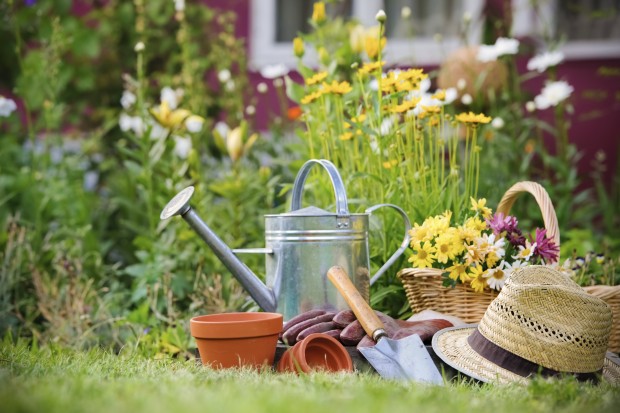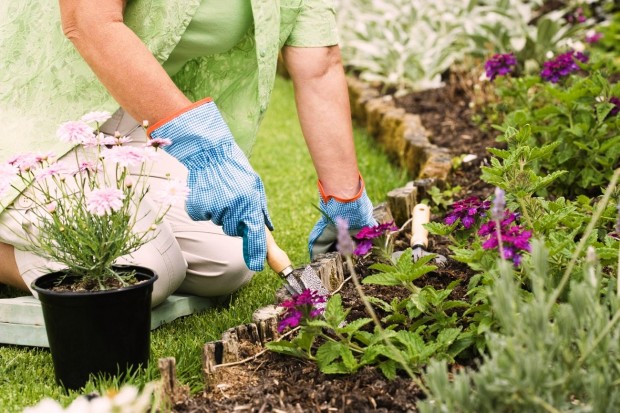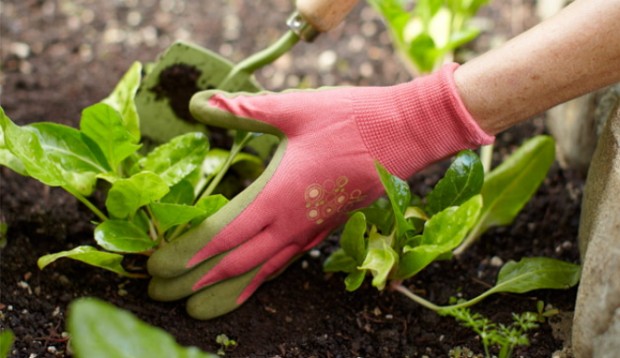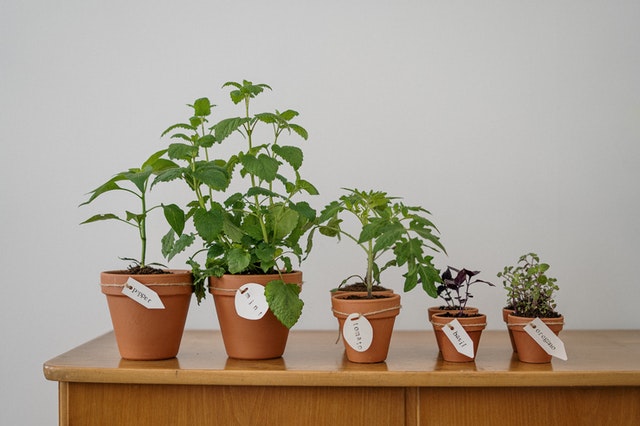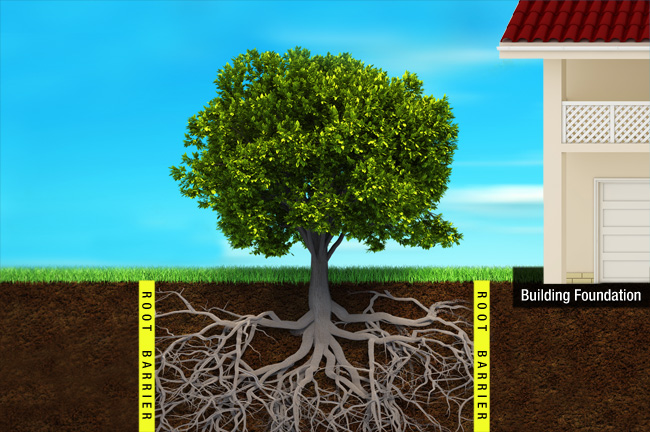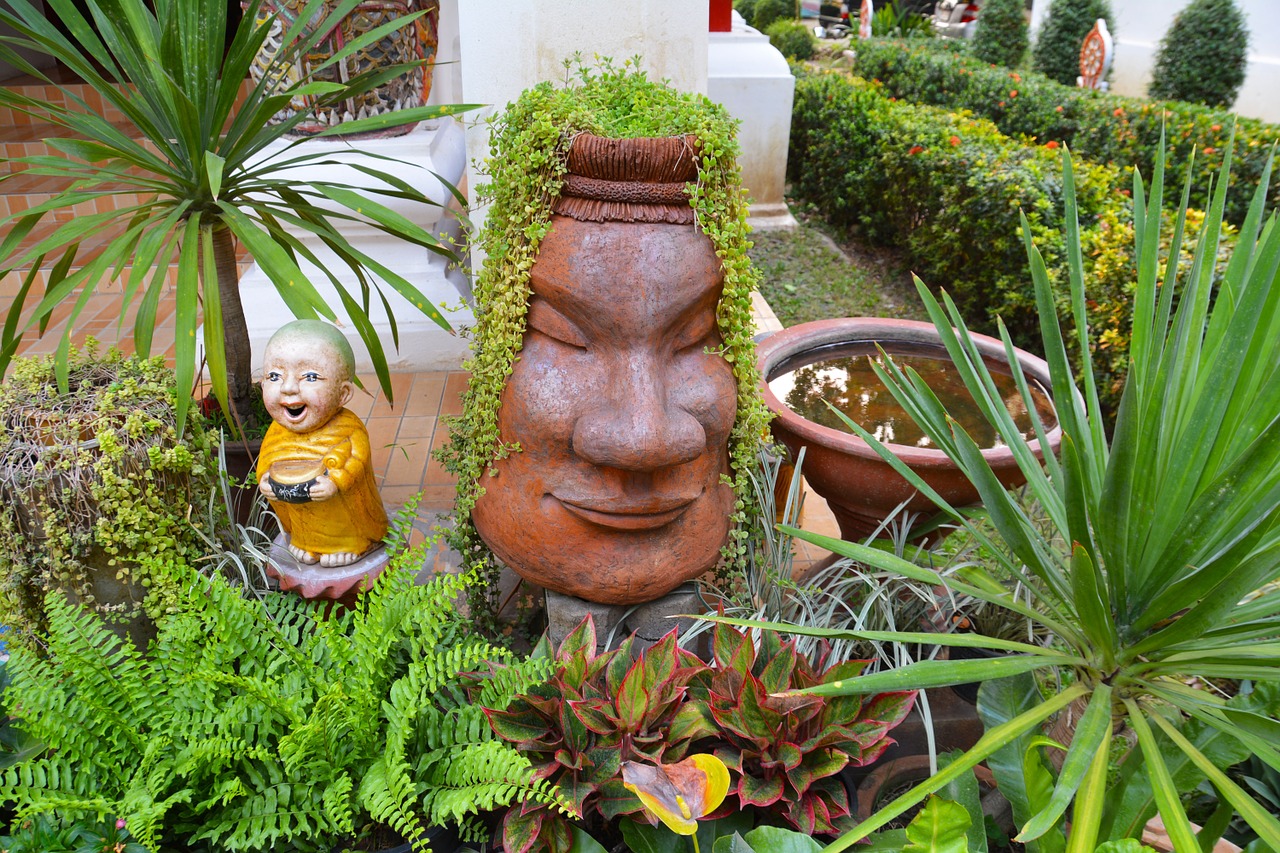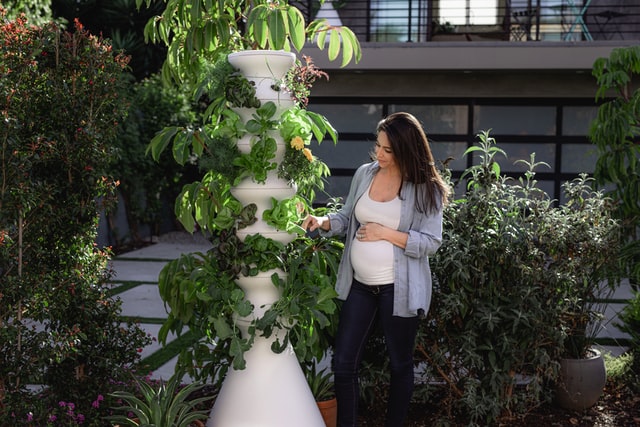While you can find more and more synthetic fertilizers, pesticides and insecticides on the market these days, at the same time you can find more and more people who are willing to get their hands a little dirty for healthier food on their tables and for healthier and cleaner environment. Organic gardening has never been as popular as it is these last few years.
If you are among people who are determined to provide healthy and natural food for their families, first we want to congratulate you – you are choosing a bit harder, but safer and more responsible way to grow your plants, fruit and vegetables. And if you want to start your own organic garden, but don’t know where to start or how exactly to do it, we come to the rescue. In a few easy steps, we will explain the basics of organic gardening and give you a few much needed tips.
Image via nwitimes.com / iStockphoto
First things first – how to prep your soil
In order to get the best results with your organic garden, first thing you should do is prepare your soil. Just like we need to eat and take nutrients to be healthy, soil also needs nutrients in order to provide us with healthy and tasty products. Before you begin, it would be best to take samples of your land and measure the level of nutrients and it’s Ph value. It is best to do these tests in fall, so you can inflict your soil with organic nutrients it needs during the winter. But, even if you don’t do this in the fall, there is no reason to worry – you can just bring a lot of humus, organic matter that you mix with the compost, leaves, grass and natural fertilizer, and leave it in your garden.
Image via fragata.co.uk
Choose the right side. To make your garden productive, you have to choose the right place. All you need is a piece of land that is exposed directly to the sunlight at least six hours during the day. If you don’t have a place like that in your garden, you should focus on plants that don’t require that much sun, like lettuce, broccoli, cauliflower, peas, chard, radishes, spinach, kale, beans, etc.
Moisture of the soil. Another thing to pay attention to is where the water is retained and whether the soil absorbs the moisture. The last thing you want is a very humid soil where your crops will rot.
Image via telegraph.co.uk by Alamy
Wind. Your garden should be in a location that is not exposed to the direct impact of the wind. If it is necessary lift a temporary wall that will protect the plants.
And finally, make sure that your garden is near the place where you keep your garden tools as well as a source of water to ease the watering and hoeing.
Compost and how to make the quality one
The main thing that will determine if your garden is successful or not is a good compost. You can make it yourself and it is free. Compost feeds the plants, helps water retention, reduces weeds, and it is a great way to recycle.
Image by sfgate.com /Jupiterimages/Polka Dot/Getty Images
You can start compost process on a closed square of the land or in a bucket. First layer will be a carbon layer made of brown materials such as dry leaves and tree remains, and the second layer is nitrogen layer made of green materials. Fertilizer and kitchen garbage should be between these two layers, and then you put 10-15cm of soil. Add a few more layers in this order, and your compost should be good and ready in about two months. Note that it is very important to use sprinkler systems, water your compost and keep it moist.
Image via sheknows.com
Seedlings and seed
When it comes to seeds and seedlings you need to be careful because most of the retail ones are already treated with some chemicals. Organic seeds must be purchased from gardeners who already have their organic plants or in the stores that sell organic products.
Image via broowaha
After all these information, you might think organic gardening is complicated and hard, but believe us that your hard work will pay off when you harvest your fruit and vegetables, because the ones grown this way are much more healthier and tastier than the ones grown using various chemicals. So take this big step towards organic gardening, and start small, maybe just a few plants in pots on your terrace. You will see that it’s not that hard, and definitely worth an effort. We are sure you will go for the bigger organic garden next year.

